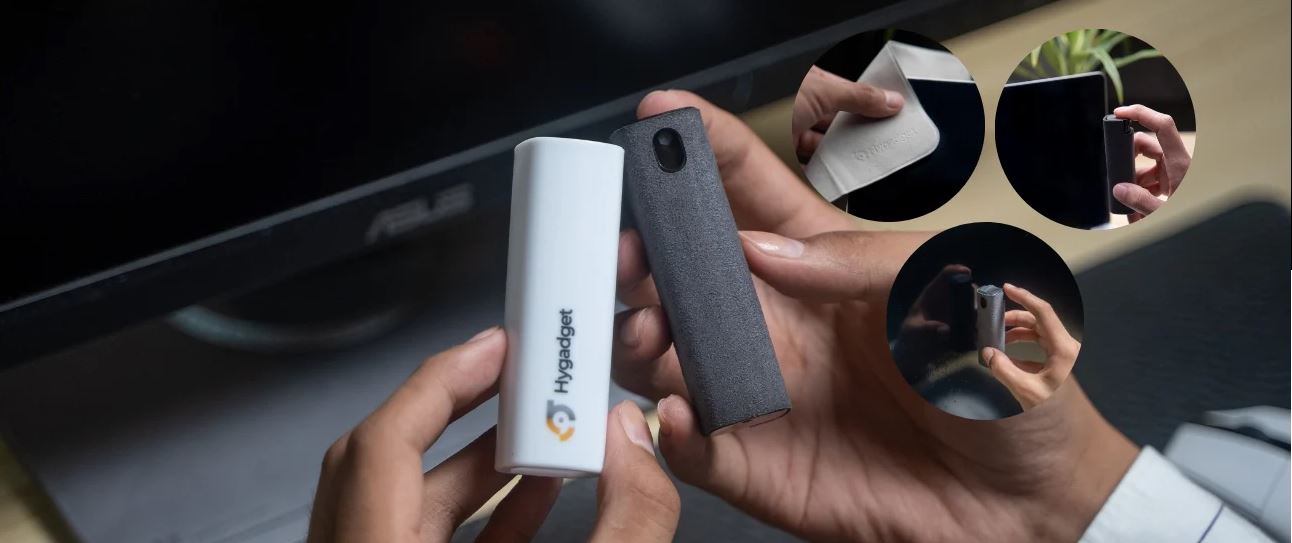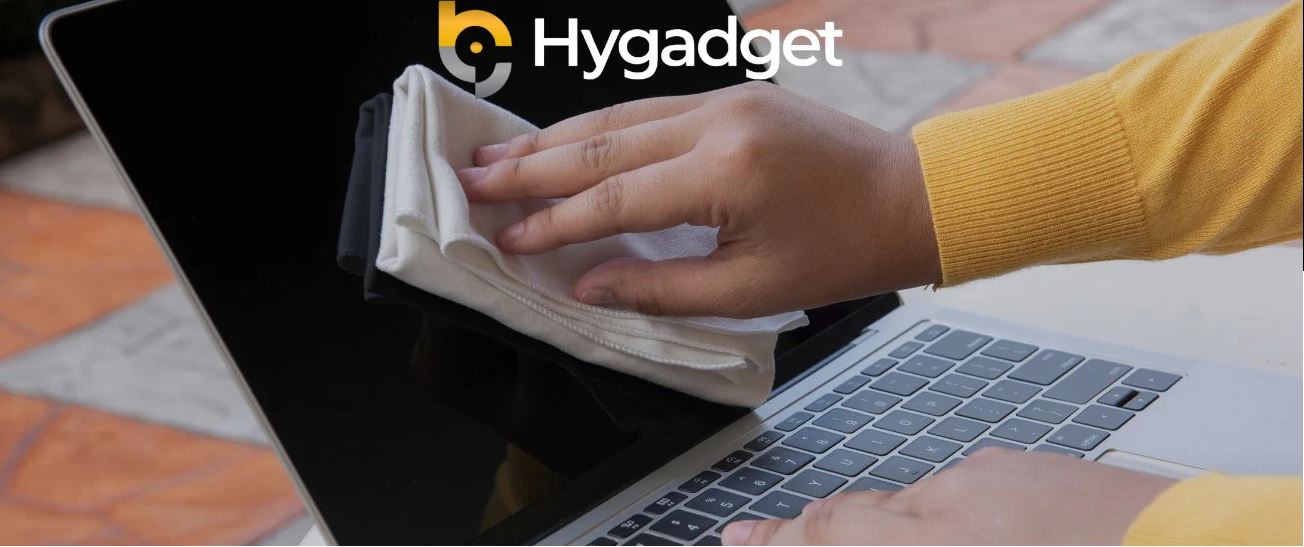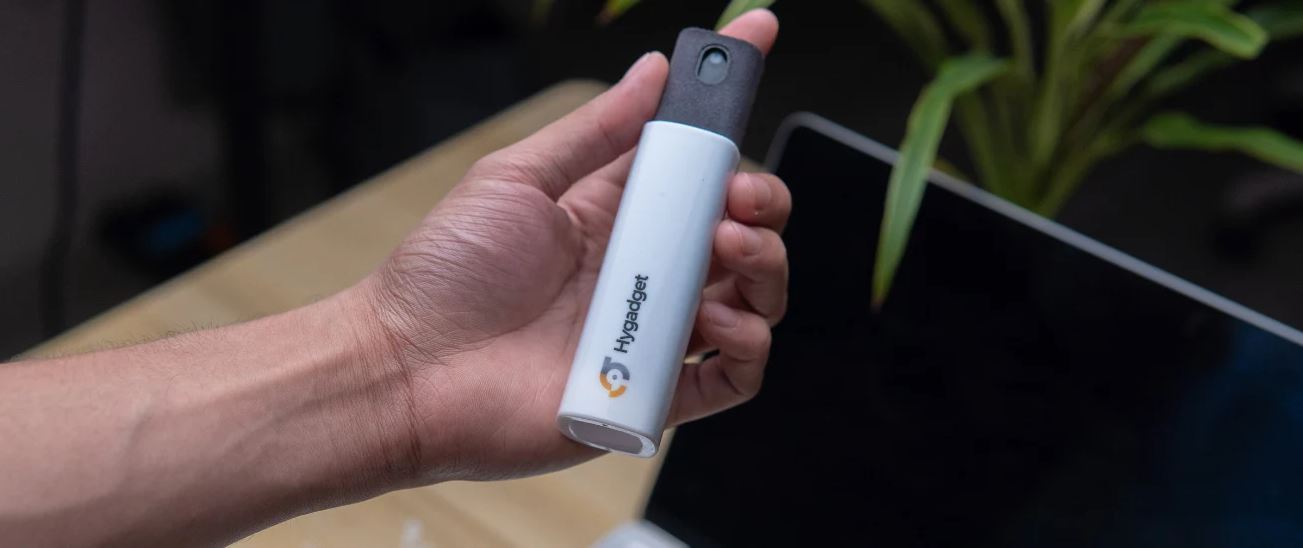Are you new to owning a plasma TV screen? Or are you looking to keep your existing screen in immaculate condition? This overview can be your quick guide to TV maintenance, allowing you to care for your electronics properly to increase their lifespan for over a decade.

The Dos and Don’ts of Cleaning
Cleaning your TV can be daunting if you’ve never done it before, but knowing the dos and don’ts will help you make the right decisions without damaging your electronics.
- DO use a soft, lint-free, clean microfiber cloth to wipe away stubborn stains or fingerprints.
- DO be gentle. Clean the screen with the cloth in a soft, circular motion, wiping without pressing down.
- DO spray screen cleaner with a lint-free cloth instead of directly on electronics.
- DO turn off the TV and allow it to cool before you begin cleaning it.
- DO use a separate lint-free cloth to dry the plasma screen and to remove

fingerprints and any leftover microfibers.
- DON’T spray the TV directly with cleaners or fluids.
- DON’T use cleaners with alcohol, ammonia, or acetone on your TV.
- DON’T use paper towels, toilet paper, or abrasive cloths to clean the screen.
- DON’T use your fingers, fingernails, or hard objects to “scrub” the screen clean or attempt to erase smudges.
- DON’T spray too much liquid on your cloth before touching it to your TV.
To ensure proper care, remember these dos and don’ts when it comes time for routine cleans to remove smudges or everyday grime. Also, remember that excessive cleaning can be as damaging as not cleaning enough. Your electronics should be lightly dusted with a dry cloth weekly, then deep cleaned with a soft, cleaner-dampened cloth and cleansing liquid monthly.
Steps to Take Before Cleaning with a Microfiber Cloth

Before cleaning your TV screen, thoroughly read your electronics manual. Some manufacturers have specific methods for cleaning different electronics. It would help to allow your screen to power down and cool completely before applying a damp or dry microfiber cloth. Unplug the screen from a power source, then wait for it to reach room temperature. You should also remove cables or connections, like USBs, to avoid damaging your hardware.
Are you using a cleaning solution? Move to a spacious, well-ventilated room or next to an open window to avoid breathing in the fumes.
What is the Best Thing to Clean a Plasma TV With?
Picking suitable cleaning materials for your electronics is essential to its performance and long lifespan. For instance, you should always use a microfiber cloth because the gentle fibers won’t scratch or damage your screens.

Other cleaning materials include:
- Distilled, mineral-free tap water. Don't use tap water or a soap solution.
- Isopropyl alcohol-based cleaners specifically designed for electronics. Use sparingly. Never use glass cleaner.
- An extra microfiber cloth for drying liquid. Always avoid using paper towels as a wipe.

Cleaning your plasma TVs is easier than you think. These materials and a gentle hand will ensure the brightness and clarity of your screens for years.
How Do I Clean a Plasma Screen with a Soft Cloth?
Here is a step-by-step guide on how to clean your TV.
- Turn off your electronic and allow it to cool.
- Prepare a microfiber, lint-free cloth with a light spritz of plasma TV-specific cleaning solution or distilled water from a spray bottle.
- In a circular movement, gently wipe the screen to remove dust and debris.
- Address dirt and scratches with a circular microfiber cloth wipe to remove dirt from them.
- Dry and wipe the screen, removing excess moisture, using a separate dry microfiber cloth. Let the screen dry thoroughly.

Remember to be gentle with your TV or computer screen. Pressing too hard can damage the plasma cells, disrupting the color, clarity, and overall picture. It would be best to wait until your electronics are completely dry before reconnecting any cables and turning them back on. You could also take it to one of many electronics stores for a cleaning professional.
Can You Use Windex or Alcohol to Clean a Plasma TV?
No, Windex and rubbing alcohol can be corrosive and damaging. Being gentle and soft in your cleaning routine is crucial to not damaging the anti-glare coating on your TV. Cells within the screen are fragile, so pressure can cause them to warp. Use a barely touching circular motion with a soft cloth and cleaning solution to clean your TV, and gently wipe away smudges to restore the coating to its original cleanliness.

To check that your electronic is clean, examine it under a dark background without reflective lights. After proper cleaning, you shouldn’t be able to see any streaks, scratches, or spots.
Can You Gently Wipe and Clean a Plasma TV Screen with Vinegar?
Unfortunately, plasma flat-screen TVs aren’t immune to dust and grime buildup. In place of store-bought cleaning solutions, you can use a solution of vinegar and lukewarm water in a spray bottle.
Dust in your home can accumulate on your electronics, which could damage them. One way to prevent buildup is to wipe down your room regularly with a damp cloth. Keeping a clean environment will ensure that your TV remains cleaner, too. You should also clean your TV weekly. You can DIY the screen or hire a cleaning professional.

To further prevent grime buildup, maintain a moderate humidity level in a room. Dust is attracted to humidity. You should also avoid using aerosol sprays in a room with electronics. These cleaners can create static, attracting dust particles to your screens.
Common Misconceptions and Factual Advice
One common misconception about these electronics is that they burn out quickly. The truth, however, is cells have a life expectancy of 60,000 hours or more, which could be 8 hours per day for the next 20 years.

Another misconception is that plasma TVs need to be refilled every few years. The truth is that it’s impossible to refill your home electronics. The myth was started to sell unnecessary extended warranties.

Another misconception is that plasma screens use too much power and drive up utility costs. While these electronics consume more power than LCD TV or LED electronics, the difference is minute. You couldn’t tell the difference in your utility bills using a plasma display or LCD TV.

The last big misconception is plasma electronics are susceptible to burn-in. The fact is that static images left on the screen for too long can cause the picture to burn into the cells. However, proper care drastically reduces the risk.
Safeguard Your Screen with HyScreen Kit
Maximize the longevity and clarity of your plasma TV with cleaning kits such as the HyScreen Kit. This premium cleaning solution is fused with a soft non-abrasive cloth that effectively removes dust, fingerprints, and smudges without harming delicate screen coatings. It’s perfect for maintaining a pristine image quality and extending the life of your electronics.
Invest in the HyScreen Kit for a flawless viewing experience every time. Safe, simple, and designed specifically for your high-tech screens.
Long-Term Care Tips for Your Plasma Screen
Never expose your screen to direct sunlight. It can bleach the cells and cause the screen to overheat. Proper ventilation will likewise go a long way toward the long-term use of your screen. If the back of your television gets dirty and blocks ventilation, it can cause your screen to overheat and melt the cells. When you clean your TV wholly, it's preventative care. When in doubt, hire a cleaning professional.

Other long-term care tips include:
- Clean your TV weekly with a microfiber cloth that you lightly dampen to wipe away dust and grime buildup. Don't press hard.
- Use a surge protector to safeguard your television. Voltage spikes can shatter the plasma cells on your screen.
- Avoid leaving your screen paused on a picture. Static images could cause the picture to burn into your screen, creating a phantom image every time you view your screen.
- Optimize your screen with professional calibration. The brightness should be adjusted to moderate levels to avoid burn-in and extend the life of cells.
- Need to move your TV screen? Your best bet is to keep it upright and well-protected.

Care is the key to your electronics' longevity, beginning with a good cleaning routine.







